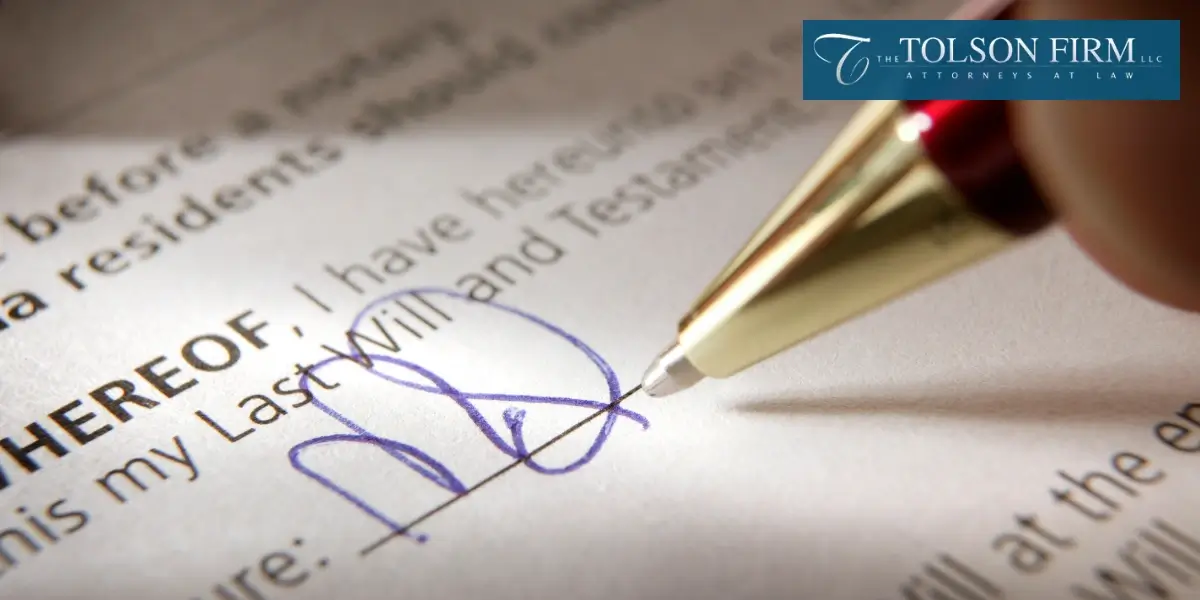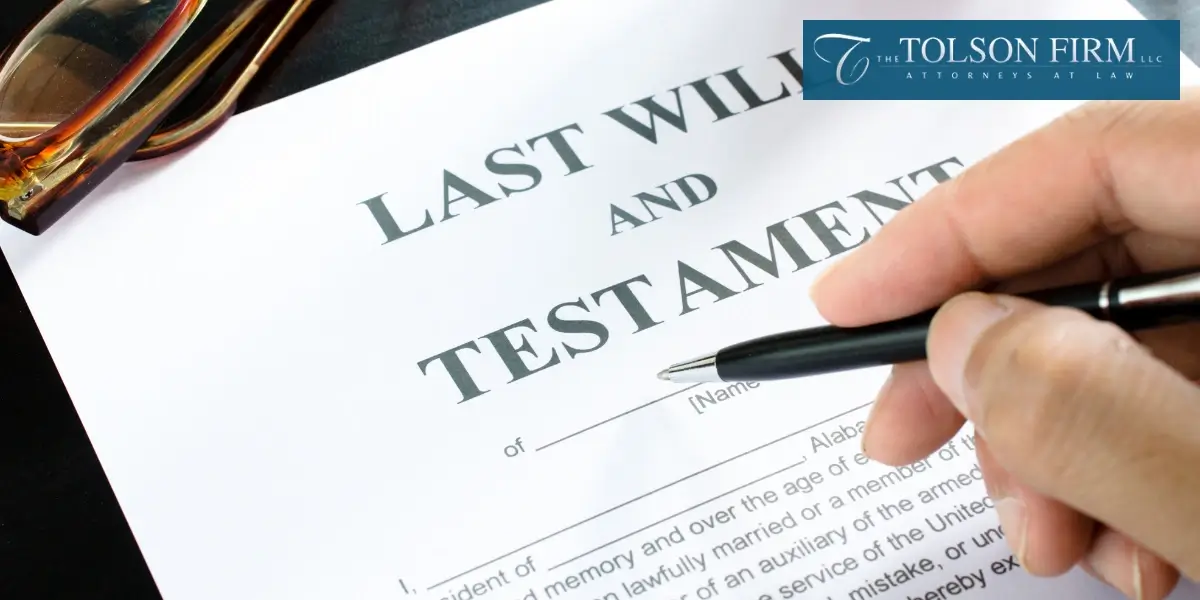|
|
Last
Modified on
Aug 07, 2025
Having to think about what will happen to your assets after you pass can be a difficult process. When starting to think about estate planning, many people ask themselves, “Are handwritten wills legal in Florida?”
For many established Florida residents, it can be an overwhelming thought to wonder if their wishes will be respected during the probate process. Having a New Smyrna Beach estate planning lawyer on your side throughout the entirety of estate planning is vital to making sure your wishes are followed after you pass.
Hire a Wills Lawyer
Here at The Preston Law Firm, we have over 50 years of combined legal experience, helping more than 3,000 clients with all facets of estate planning and will creation.
Our team of six professionals is committed to helping clients throughout Volusia County and the surrounding areas plan for the future. We understand that every financial and family situation is unique, and tailor our legal strategy based on your specific needs and desires.

Florida Will Laws
Chapter 732 of the Florida Statutes focuses on probate law, intestate succession, and wills. Section 732.502 explains how wills must be executed in Florida. A will is a signed document that states who should receive your assets after you pass away and who should be in charge of your estate.
Every will in Florida must be written. The person creating the will, called the testator, must either sign it at the end or have someone else sign it for them. If another person signs the will, they must do so in the testator’s presence and with the testator’s permission.
There must be at least two witnesses. These witnesses must either:
- See the testator sign the will
- Hear the testator confirm that the will was already signed
The witnesses must also sign the will in the presence of the testator and in the presence of each other.
A holographic will is a will that is handwritten and signed by the person making it, but not properly witnessed. A holographic will is allowed in Florida, but only if it follows the same signing and witness requirements listed above.
There is no required wording or format for a will in Florida. As long as it meets the signing and witness rules, the will is valid. With the average Florida home valuing $384,811, having a valid will in place is vital to protecting your most valuable assets.
Any changes to a will must also follow the same formal signing process. Because of how certain laws can apply to certain people’s financial situations, it’s important to hire a wills lawyer to help guide you through the process.
Probate Laws in Florida
The Florida Probate Code is the set of laws that explains how a person’s property is handled after they pass away. Florida has two main types of probate: formal administration and summary administration. Formal administration is more common and used for larger or complex estates.
Probate only deals with “probate assets.” These are things the person owned in their name alone when they died or things jointly owned without automatic transfer rights. Examples can include:
- A bank account in only the deceased person’s name. The average income of Florida residents was $73,311 as of 2023, making it important to protect your accounts by detailing your wishes for them in your will.
- A life insurance policy that pays to the estate
If an asset is jointly owned with someone else who has rights of survivorship or a named beneficiary, it may not go through probate.
Why Choose Us?
At The Preston Law Firm, we understand the importance of making thoughtful legal decisions for your future and your family’s well-being. We make it a priority to maintain strong communication with our clients throughout their case.
The legal process can be overwhelming, but you don’t have to navigate it by yourself. During your consultation, our attorneys will listen to your concerns and explain what legal options are available to you. We know how complex state laws can seem and how they apply to you, so we make sure to offer transparent advice.

FAQs
Q: What Happens to My Assets if I Pass Without a Valid Will in Florida?
A: When someone dies without a will, the estate goes to the closest living relatives based on Florida law. For example, if there’s a surviving spouse with or without children, the spouse gets everything. If there are children from a different relationship, the assets are split. If there are no children or a spouse, the estate may go to parents, siblings, or more distant relatives. The state of Florida only takes the estate if no living relatives can be found.
Q: What Is the Role of a Personal Representative?
A: The personal representative is the party named in a will that is in charge of handling the probate process after you pass. Their job includes identifying the deceased’s assets and ensuring all final bills and debts are paid to creditors. The court judge will not close the probate case until bills and debts are paid. After debts are cleared, the remaining assets are transferred according to the will.
Q: What Are Alternatives to Probate That I Can Use in My Estate Plan?
A: A living trust in Florida helps avoid probate, which can save time and money. To create one, you draft a trust document naming a successor trustee to manage your assets after you die. Then, you transfer ownership of your property into the trust. When you pass away, the successor trustee can distribute assets directly to beneficiaries without court involvement. This trust can cover almost any asset.
Q: Can I Be Exempt From Probate in Florida?
A: Summary administration is a shorter version of probate available when the estate is worth less than $75,000 or the person died more than two years ago. Disposition without administration is available for very small estates that only have exempt property and enough to cover funeral and medical bills from the final illness.
Contact Our Team Today
Thinking about the future can be overwhelming, but having a solid estate plan in place is vital to protecting your assets for your loved ones. It’s never too early to start estate planning. Contact our office today to schedule your first consultation and learn how we can help you.






